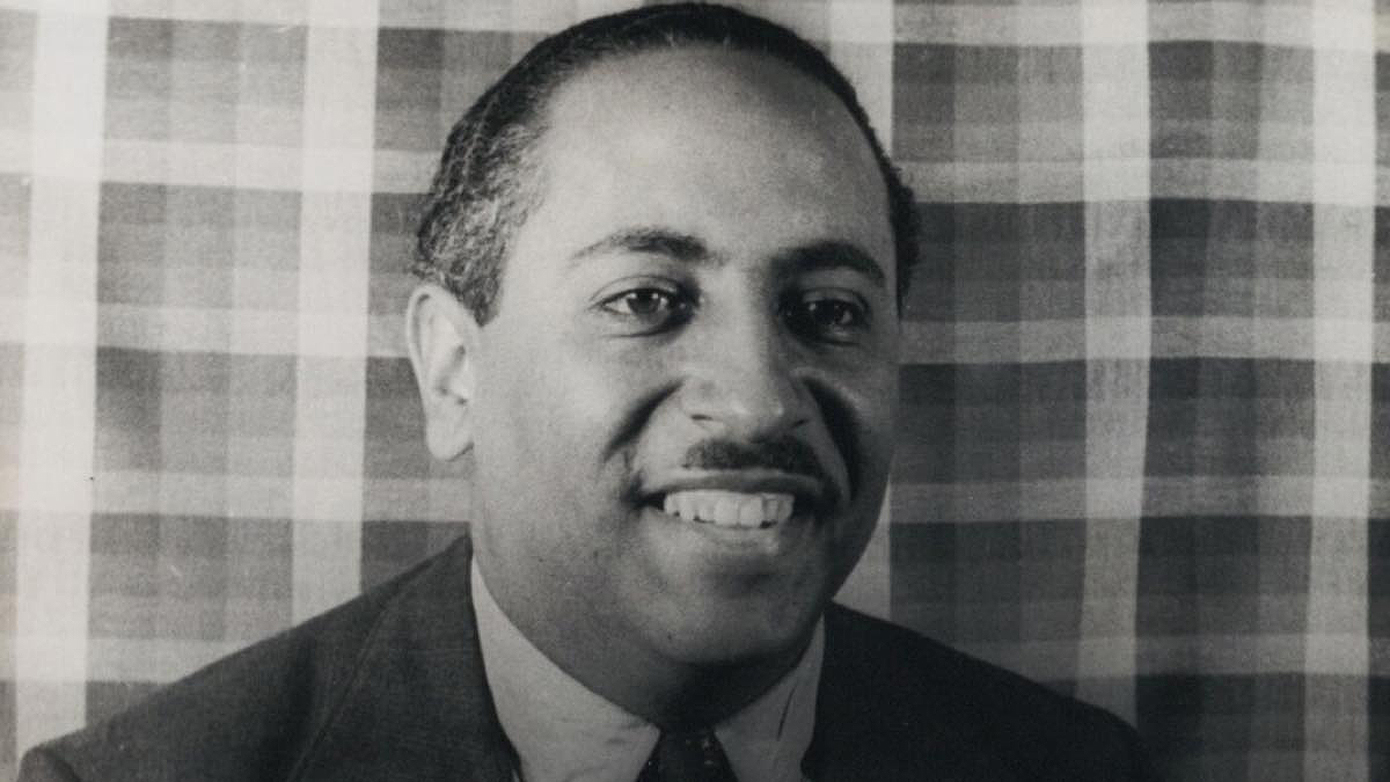Arnaud Wendell Bontemps, known to the literary world as Arna Bontemps, was a prominent African American writer, poet, librarian, and educator whose works left an indelible mark on American literature and the civil rights movement of the 20th century. Born on October 13, 1902, in Alexandria, Louisiana, Bontemps grew up in a time of racial segregation and inequality, which deeply influenced his writing and activism throughout his life.
Bontemps’s childhood was spent in a multicultural environment, with influences from both African American and Creole cultures. These early experiences instilled in him a strong sense of identity and a passion for storytelling. After completing his education at Pacific Union College in California, Bontemps embarked on a career in education, teaching at various institutions including the Harlem Academy in New York City.
How dare anyone, parent, schoolteacher, or merely literary critic, tell me not to act colored.
Arna Bontemps
It was during his time in Harlem that Bontemps became associated with the Harlem Renaissance, a cultural movement that celebrated African American art, literature, and music. He befriended and collaborated with many prominent figures of the era, including Langston Hughes, Countee Cullen, and Zora Neale Hurston, whose works explored themes of racial identity and social injustice.
Bontemps’s literary career began to flourish with the publication of his first novel, “God Sends Sunday,” in 1931. This was followed by a series of critically acclaimed works, including “Black Thunder” (1936), a historical novel about Gabriel Prosser’s slave rebellion, and “Drums at Dusk” (1939), which depicted the Haitian Revolution.
In addition to his novels, Bontemps was also a prolific poet, known for his evocative verse that captured the essence of African American life. His poetry collections, such as “A Black Man Talks of Reaping” (1969) and “We Have Tomorrow” (1945), explored themes of resilience, heritage, and the quest for freedom.
I have sown beside all waters in my day. I planted deep, within my heart the fear
From the poem “A Black Man Talks of Reaping”
that wind or fowl would take the grain away. I planted safe against this stark, lean year.
by Arna Bontemps
Throughout his career, Bontemps remained committed to promoting African American literature and culture. In 1943, he co-authored “They Seek a City” with Jack Conroy, a landmark anthology of African American writing that helped elevate the voices of black writers during a time of widespread discrimination and marginalization.
In addition to his literary pursuits, Bontemps was also a dedicated librarian and educator. He served as the head librarian at Fisk University in Nashville, Tennessee, where he worked to expand the university’s collection of African American literature and archives. He also taught creative writing and mentored aspiring writers, leaving a lasting impact on generations of students.
Bontemps’s contributions to literature and social justice were widely recognized during his lifetime. He received numerous awards and honors, including a Guggenheim Fellowship and the George Washington Medal from the Freedom Foundation. In 1969, he was appointed the first Curator of the James Weldon Johnson Collection of Negro Arts and Letters at Yale University, where he continued to champion the preservation and study of African American literature.
Arna Bontemps passed away on June 4, 1973, leaving behind a rich legacy of literature, activism, and advocacy. His works continue to inspire readers and writers alike, reminding us of the power of storytelling to illuminate the human experience and drive social change. Through his words and actions, Bontemps challenged the injustices of his time and paved the way for future generations to confront and overcome adversity with resilience and grace.
